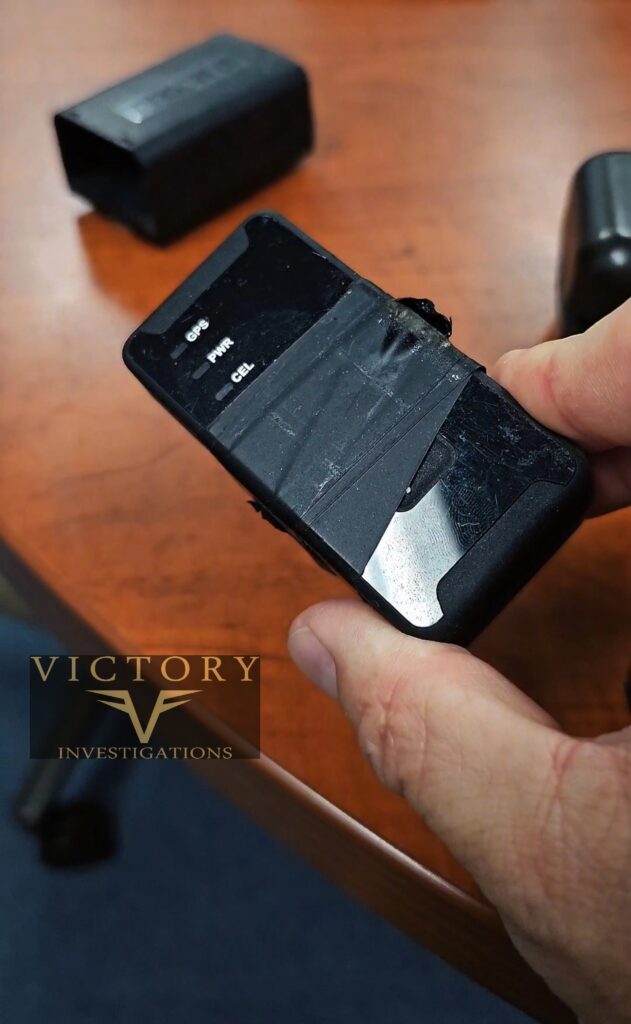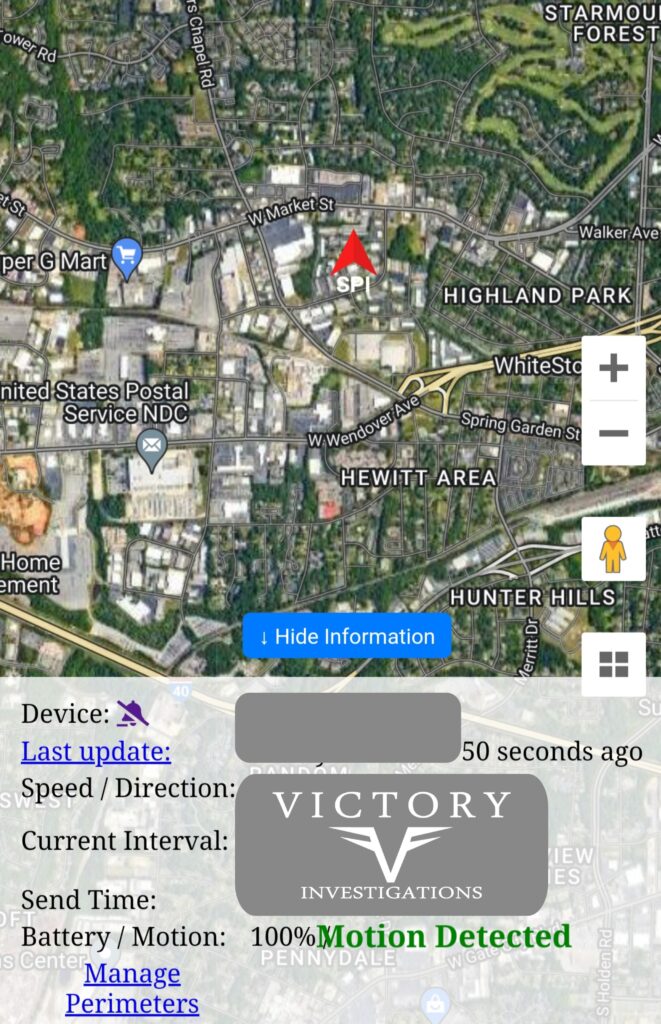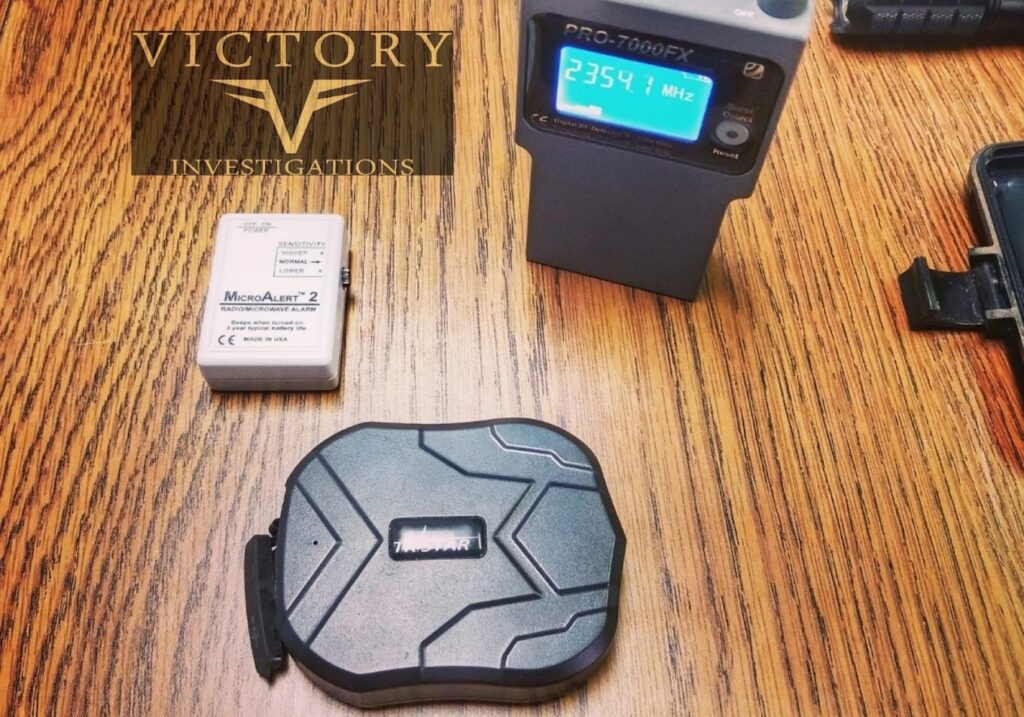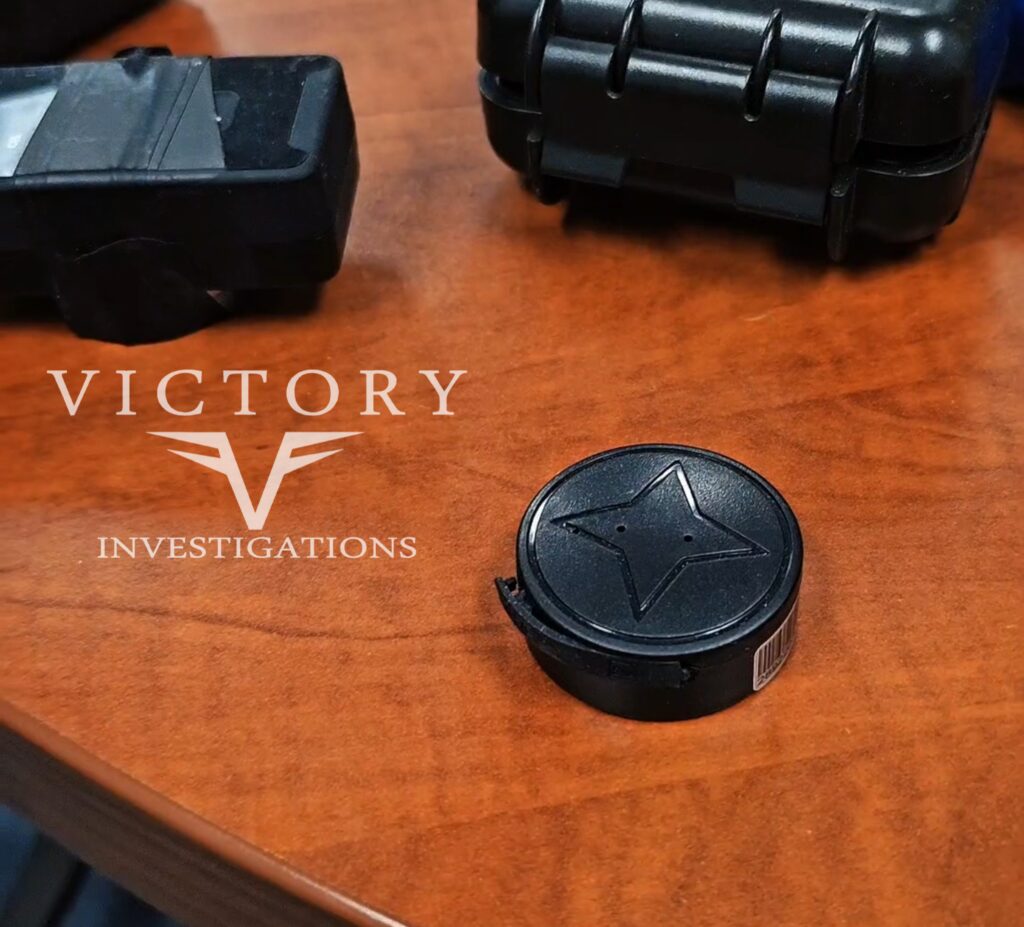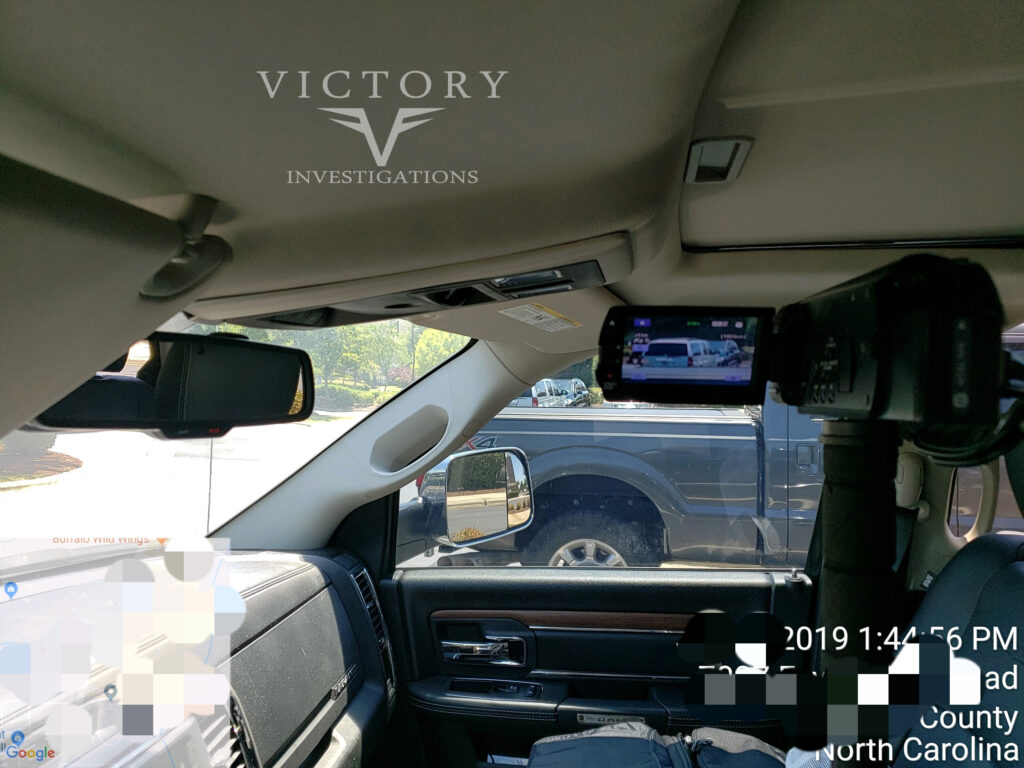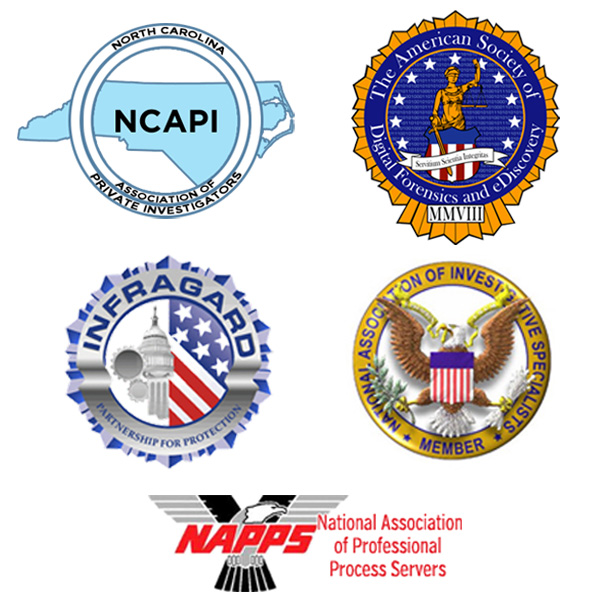Victory Investigations – Greensboro Private Investigators Near You
Chapter 3
Investigator Noble Rushes To The Calhoun Estate
The blinking red light on my desk phone jolted me from the spiraling wave of anxiety and dread. A call from an unknown number. I quickly made up my mind – Franklin deserved to know the truth behind the deception that was unfolding around him, despite the dangers that revelation might bring. I punched the speaker button.
“Dick Noble, Private Investigations” I announced with more bravado than I actually felt.
“Mr. Noble, this is dispatch at First Carolina Security,” an overly-chipper female voice responded. “We’ve received a fire alarm activation from the central monitoring system at 234 Brook Ridge Manor Court.”
My chest tightened as I recognized the address – it was the Calhoun family’s sprawling mansion on the exclusive private grounds of the Brook Ridge golf community. I scribbled down the address verbatim as the dispatcher continued.
“Per the homeowner’s instructions, we’re required to dispatch First Response Officers to conduct an interior sweep and clear the residence before resetting the alarms and notifying emergency services. Our team is en route but traveling from north of town. They give it 20 minutes minimum to be on-scene.”
I felt my heart beginning to pound as my mind absorbed the gravity of the situation. “Yes…yes I understand. Thank you for the notification.”
Franklin’s home, possibly in jeopardy while some unknown emergency played out. And me, the only other person who seemed to have a bead on the tangled motives surrounding his wife and her unscrupulous co-conspirator. I didn’t have the luxury to simply wait around.
“Damn it!” I hissed under my baited breath, already moving with instinct-driven urgency. I grabbed my go-bag and shoulder holster, methodically loading the .38 and hastily pulling on my rambler jacket. No time for vacillation or second-guessing as I strapped on the protective vest – Franklin’s life could be in peril. I had to reach out and make contact, even it meant hurtling blindly into Marissa and Peter’s menacing snare.
With a bellowing kick, the sticky door of the Corolla’s driver side finally gave way after three insistent heaves and I slid inside the smoke-choked cabin. In the dim glow of the sputtering dashboard lights, I reached for the burner phone tucked in the ratty visor above me.
My fingers frantically danced over the keypad, calling up Franklin’s mobile number from the secure encrypted contacts list. It rang…and rang…and just when I felt my hopes deflating, the gruff timber of his voice resonated on the other end.
“Franklin, thank God…Dick Noble. Please, just listen. There’s no time to explain but I need you to get out of your home immediately. Don’t argue, don’t hesitate, just go! Head to the old Oakridge Lodge off Cornwallis Drive – I’ll meet you there in twenty minutes and fill you in.”
Before he could respond, I angrily severed the connection and jammed my foot against the accelerator, peeling away from the dilapidated dock district in a squall of pisonic exhaust. With each juddering mile, my frantic mind replayed the security dispatcher’s alert – an “activated fire alarm” could mean anything from an innocuous sensor fault to a calculated act of destruction.
And regardless of which it proved to be, the implications carried chilling weight – Marissa and Peter’s sinister plot against Franklin was escalating towards potentially catastrophic
Chapter 4
The Cheating Couple’s Plan
The tires of my smoke-belching Corolla cried out in protest as I whipped the sedan off Rivermont Avenue and onto the entrance ramp for I-40, the blistered asphalt a black ribbon cutting through the inky Greensboro night.
My right foot leaden on the accelerator, I wove through the sporadic trickle of late-night traffic with reckless abandon, frantically making my way towards the decrepit Oakridge Lodge – the rendezvous point I’d urgently relayed to Franklin just minutes before. With each rushed mile that fell away, distant tendrils of woodsmoke and something more acrid rode the crisp spring breeze in through the cracked window, stoking an ominous unease.
As I merged off the interstate and onto the deserted stretch of Cornwallis Drive, a hellish amber glow began piercing the shadows up ahead, the roadside trees whipping into stark silhouette relief. Thickening plumes of charcoal colored smoke billowed upwards, backlit by smoldering flashes that could only be ravenous flames hungrily consuming what I feared was Franklin’s stately manor home.
Hurtling around the final blind curves, the full horror came into panoramic focus – the picturesque Brook Ridge estate was indeed fully enveloped in a pyromaniac’s delight. Ravenous licks of orange fire rapaciously lashed out from every arched window and embrasure. The searing heat and swirling smoke already caused the luxurious motor court’s stonework to blister and pop.
Fighting the crescendoing dread, I scanned the spectacle desperately seeking any sign of Franklin – or for that matter, any sign of Marissa and her deeply compromised political cohort, Peter Hardaway. Had their unforgivable greed and treachery finally climaxed in a burned-offering of Franklin’s life? The thought of my friend and client succumbing to their fiendish scheme caused my blood to boil.
I vaulted from the sputtering Corolla, its rattled steel gasping for mercy after my frantic, red-lined transit across town. My eyes instantly froze on an eerily placid scene, divorced from the maelstrom consuming the once-stately manor only yards away. There, stoically seated on an ornamental cast-iron bench amidst the conflagration’s throaty roar, was Franklin Calhoun, his ashen face agape in catatonic horror as agile flickers of amber light and inky smoke battled across his vacant stare.
“Franklin!” My voice was little more than a strangled croak over the demonic crescendo of crackling and snapping as the priceless 19th-century structure ravenously devoured itself. Bolt upright now, he turned slowly, his eyes finally focusing on me with a chilling look of resigned desolation etched on his sweat-streaked brow. I had seen that emotionally disassociated thousand-yard stare before – it was the face of a man who had wandered too far into inconceivable darkness to ever find his way back to the light. My gut recoiled as the full gravity of the situation’s depravity washed over me like an ice deluge.
To Be Continued….


